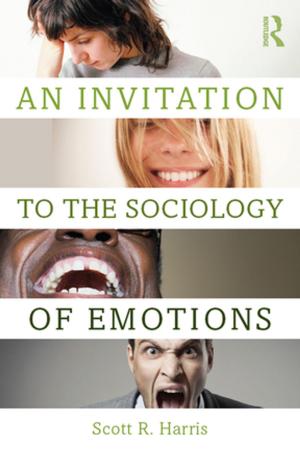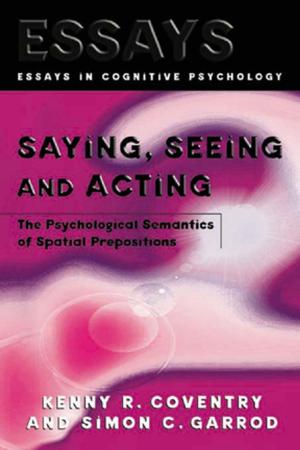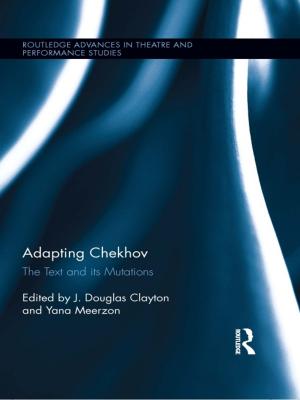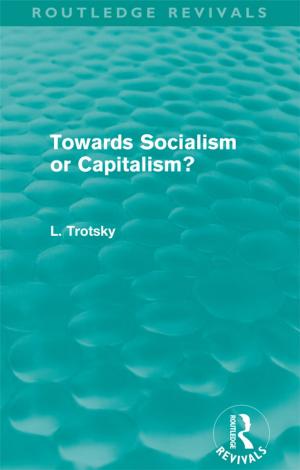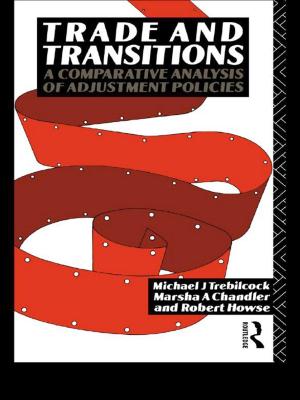A Spirit that Impels
Play, Creativity, and Psychoanalysis
Nonfiction, Health & Well Being, Psychology, Mental Health| Author: | M. Gerard Fromm | ISBN: | 9780429910500 |
| Publisher: | Taylor and Francis | Publication: | May 1, 2018 |
| Imprint: | Routledge | Language: | English |
| Author: | M. Gerard Fromm |
| ISBN: | 9780429910500 |
| Publisher: | Taylor and Francis |
| Publication: | May 1, 2018 |
| Imprint: | Routledge |
| Language: | English |
This volume brings together some of the papers presented by leading scholars, artists and psychoanalysts at an annual Creativity Seminar organised by the Erikson Institute of the Austen Riggs Center. Looking at creativity through a psychoanalytic lens - and very importantly, vice versa - the authors examine great works, such as Nathaniel Hawthorne's The Scarlet Letter, Mahler's Eighth Symphony, and William Gibson's The Miracle Worker; as well as great artists, such as Van Gogh and Lennon and McCartney, for what we might learn about the creative process itself. Deepening this conversation are a number of clinical studies and other reflections on the creative process - in sickness and in health, so to speak. A central theme is that of "deep play", the level at which the artist may be unconsciously playing out, on behalf of all of us, the deepest dynamics of human emotion in order that we may leave the encounter not only emotionally spent, but profoundly informed as well.
This volume brings together some of the papers presented by leading scholars, artists and psychoanalysts at an annual Creativity Seminar organised by the Erikson Institute of the Austen Riggs Center. Looking at creativity through a psychoanalytic lens - and very importantly, vice versa - the authors examine great works, such as Nathaniel Hawthorne's The Scarlet Letter, Mahler's Eighth Symphony, and William Gibson's The Miracle Worker; as well as great artists, such as Van Gogh and Lennon and McCartney, for what we might learn about the creative process itself. Deepening this conversation are a number of clinical studies and other reflections on the creative process - in sickness and in health, so to speak. A central theme is that of "deep play", the level at which the artist may be unconsciously playing out, on behalf of all of us, the deepest dynamics of human emotion in order that we may leave the encounter not only emotionally spent, but profoundly informed as well.






